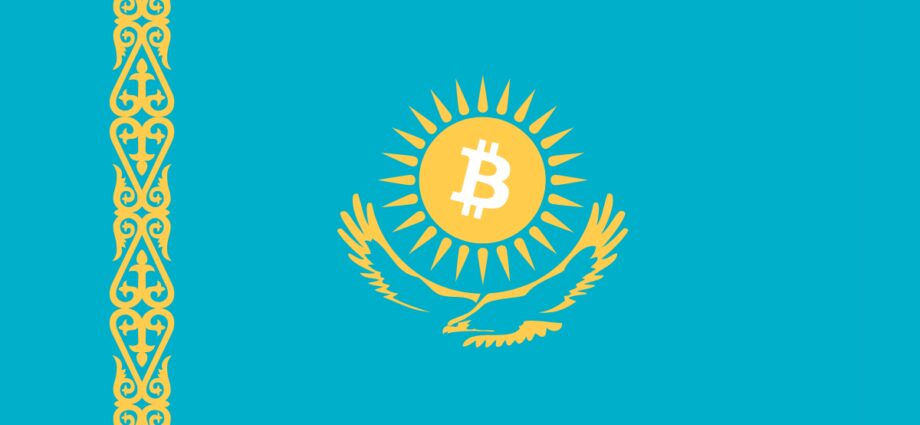Kazakhstan, an oil-rich nation in Central Asia, surpassed Russia in February 2021 and has since maintained its position as the third-largest contributor to Bitcoin BTC mining. Kazakhstan made up 13.22% of the overall Bitcoin hash rate as of January 2022, trailing just the two historical leaders, the United States (37.84%) and China (21.11%).
The nation is now taking additional measures to maintain its status as one of the largest contributors to Bitcoin mining. Read on to see what these steps are.
Kazakhstan Publishes Consultation Paper Enhances its Crypto Trading Framework
Kazakhstan published a consultation paper in order to evaluate public interest in suggested changes to the cryptocurrency trading regime. A consultation paper is a document published that outlines the current law’s shortcomings, providing justifications for and against potential fixes, and seeking responses.
On January 27, the Astana Financial Services Authority (AFSA), a Kazakh regulatory body, published the policy paper. The AFSA emphasized that the revisions aim to add some enhancements to the Digital Asset Trading Facility (DATF) regulatory framework, which was established by the Astana International Financial Centre in 2018.
The investigation by AFSA brought to light issues with the continued regulation of cryptocurrency exchanges, exposing “contradictions, ineffective rules, and ambiguous terminology within the system.” It suggested implementing risk mitigation strategies on a number of fronts, including governance, illegal activity, client funds security, and settlement.
What changes will this bring?
The AFSA believes that the policy proposals will result in a number of changes, including risk mitigation for crypto operations and the industry as a whole. Furthermore, the improvements will resolve the existing framework’s ambiguities and imprecise regulations. The end goal, according to AFSA, is to establish a conducive environment for crypto exchanges while promoting innovation. According to reports, the new changes will benefit the crypto exchange industry.
The study also revealed that the development of the “Digital Assets framework: Crypto exchanges, STO, and DASP” is one of three main development targets in the “AFSA’s Strategy for 2022” initiative, which is aligned with the review of the DATF framework.
Kazakhstan’s central bank has proposed establishing an in-house central bank digital currency (CBDC) in 2023, with a progressive increase in functionality and commercialization until the end of 2025.
Initiatives like this regarding cryptocurrency are very healthy in the market. Investor confidence in the industry was shaken as a result of the FTX crash. However, Kazakhstan’s move is a step in the right direction for cryptocurrencies.
Source: Read Full Article
-
Iran Allows Crypto To Be Used As Payment for Imports
-
Cathie Wood very positive on Coinbase after Ripple court ruling
-
Sam Bankman-Fried's holding company files for bankruptcy
-
Stablecoins pose lower risk than bank deposits, says ex-Fed policy analyst
-
Binance charges prove ‘following the rules’ was the right decision — Coinbase CEO

